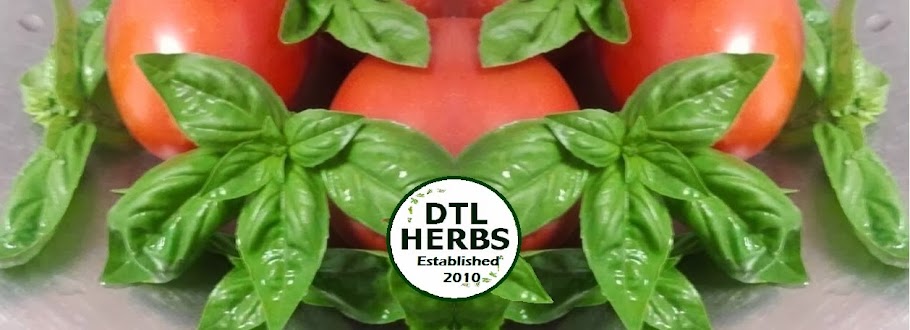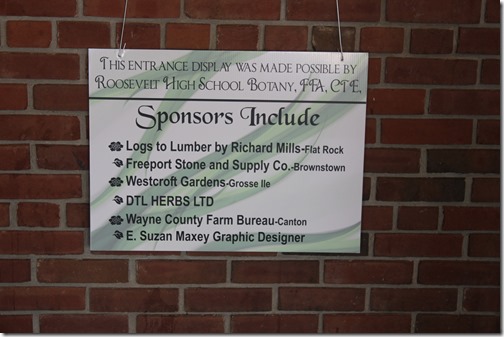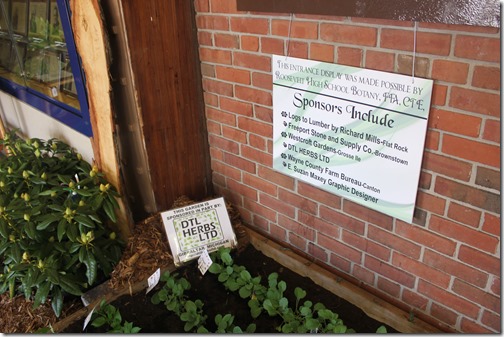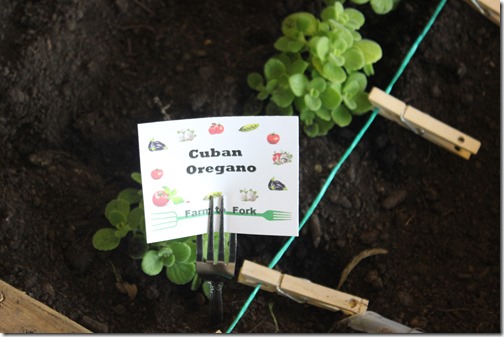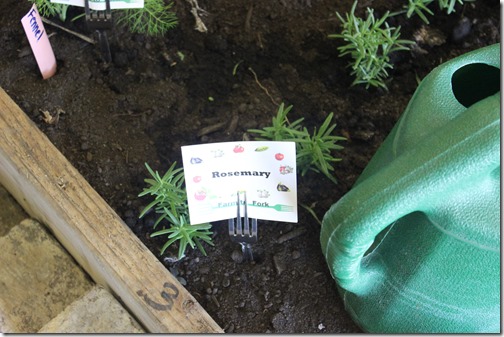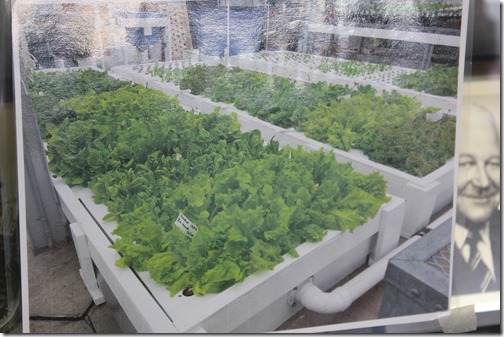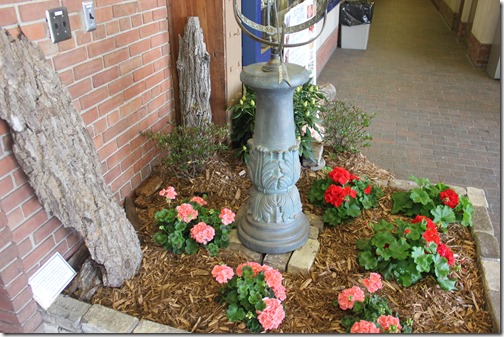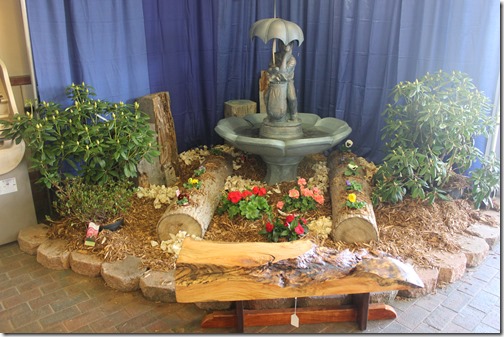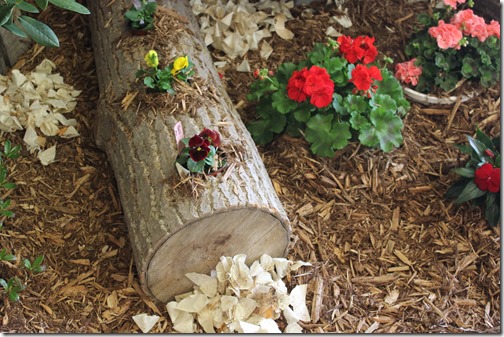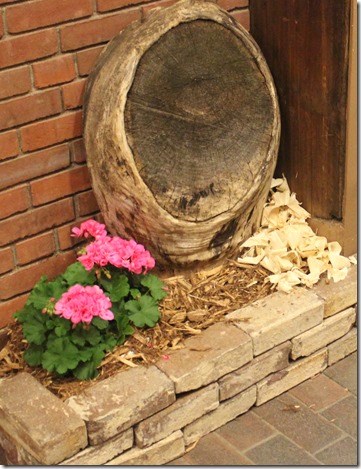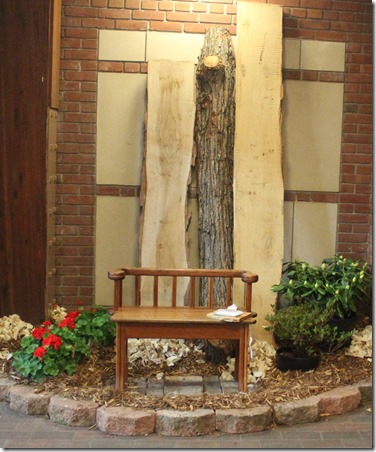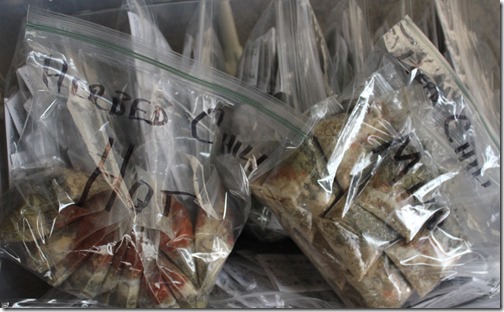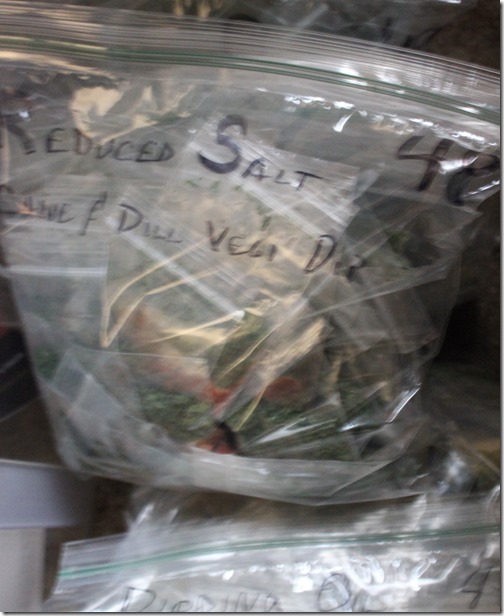Hi everyone!
Last night we attended the Black Tie Gala for the opening night of the Business and Lifestyle Expo. We were happy to be a sponsor and to be involved with some of the vignettes and décor for the event.
We had a “Farm to Fork” display set up.
The main theme in the foyer was to show that Urban Farming is a viable business. DTL Herbs is classified with the State of Michigan as an Urban Farming business. So, naturally we were thrilled to be part of this.
Urban agriculture is the practice of cultivating, processing, and distributing food in or around a village, town, or city. Urban agriculture can also involve animal husbandry, aquaculture, agroforestry, and horticulture. These activities also occur in peri-urban areas as well.
Urban farming is generally practiced for income-earning or food-producing activities, though in some communities the main impetus is recreation and relaxation. Urban agriculture contributes to food security and food safety in two ways: first, it increases the amount of food available to people living in cities, and second, it allows fresh vegetables, fruits, and meat products to be made available to urban consumers. It decreases food deserts. A common and efficient form of urban agriculture is the biointensive method. Because urban agriculture promotes energy-saving local food production, urban and peri-urban agriculture are generally seen as sustainable agriculture.
Source: Wikipedia
Anyone can create a full garden in a small place.
This produce bed was created from scratch on site. It is very easy to take a small part of your yard and grow a decent amount of fresh produce.
Another area create was a Aquaponic lettuce garden.
Aquaponics or pisciponics, is a sustainable food production system that combines a traditional aquaculture (raising aquatic animals such as snails, fish, crayfish or prawns in tanks) with hydroponics (cultivating plants in water) in a symbiotic environment. In aquaculture, effluents accumulate in the water, increasing toxicity for the fish. This water is led to a hydroponic system where the by-products from the aquaculture are broken down by nitrogen fixing bacteria, then filtered out by the plants as nutrients, after which the cleansed water is recirculated back to the animals.
As existing hydroponic and aquaculture farming techniques form the basis for all aquaponics systems, the size, complexity, and types of foods grown in an aquaponics system can vary as much as any system found in either distinct farming discipline.
Source: Wikipedia
And of course a fresh flower bed.
Here are some pictures of other vignettes using live plants. These are displays created by the students of the Roosevelt High School Agriculture program. Items were donated or loaned.
We had a fun evening and heard lots of wonderful feedback on the foyer displays. Everyone involved did a fantastic job!
